Conclavoscope - Cardinal Vinko Puljić
Cardinal Profile and Assessment
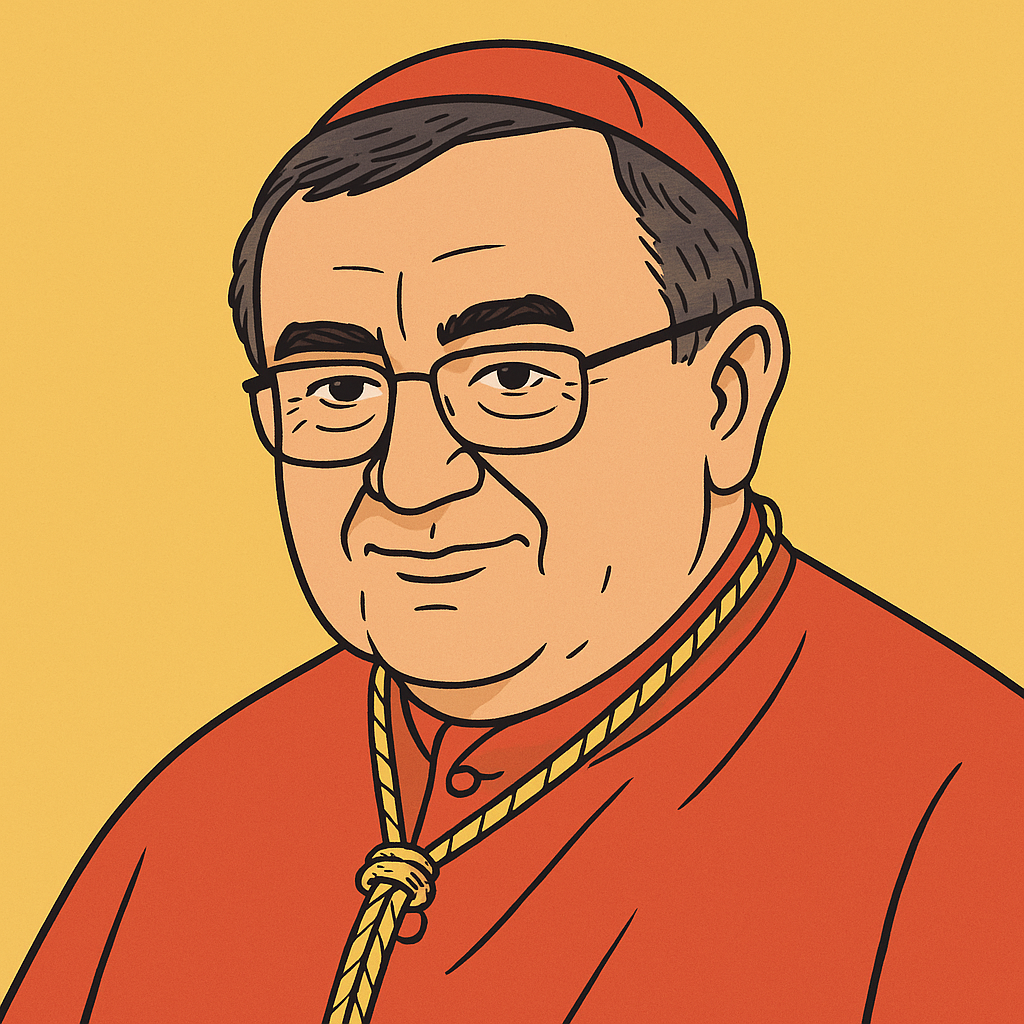
Bosnian cardinal, Archbishop Emeritus of Sarajevo, known for his leadership during and after the Balkan War, his work for reconciliation and his defense of Catholic rights in the region.
| Criterion | Tendency |
|---|---|
| Moral doctrine | Very conservative |
| Liturgy | Conservative |
| Sociopolitical | Moderately progressive |
| Relationship with Pope Francis | Moderately conservative |
| Dialogue | Progressive |
| Communication | Centrist |
| Overall tendency | Moderately conservative |
Cardinal Puljić has consistently upheld traditional Catholic moral teachings. He has publicly opposed abortion, describing it as a scourge that undermines the moral and cultural traditions of the people. Additionally, he has criticized progressive movements within the Church, such as Germany's Synodal Way, for promoting ideas he considers alien to the Church's tradition.
Cardinal Puljić values liturgical tradition and has expressed concerns about certain liturgical practices. For instance, he has noted that the current placement of the sign of peace in the Mass can overshadow the Communion rite, suggesting a preference for traditional liturgical structures.
Throughout his tenure, Cardinal Puljić has been actively involved in socio-political issues, especially during the Bosnian War. He provided aid to refugees, advocated for peace, and emphasized the Church's role in social reconstruction and reconciliation in post-conflict Bosnia and Herzegovina.
While maintaining respect for the papacy, Cardinal Puljić has expressed reservations about certain initiatives under Pope Francis, particularly the Synodal Way, which he views as introducing ideas alien to the Church's tradition.
Cardinal Puljić has been a proponent of interreligious dialogue in Bosnia and Herzegovina. He was a founding member of the Interreligious Council of Bosnia and Herzegovina, working towards fostering understanding and cooperation among different faith communities.
Cardinal Puljić is known for his straightforward and candid communication style. He has not shied away from addressing controversial topics and has been vocal in expressing his views on various issues affecting the Church and society.

Guinea
age: 80
Guinean cardinal, former prefect of the Dicastery for Divine Worship, known for his very conservative positions on liturgy and doctrine, and his deep attachment to Catholic tradition.
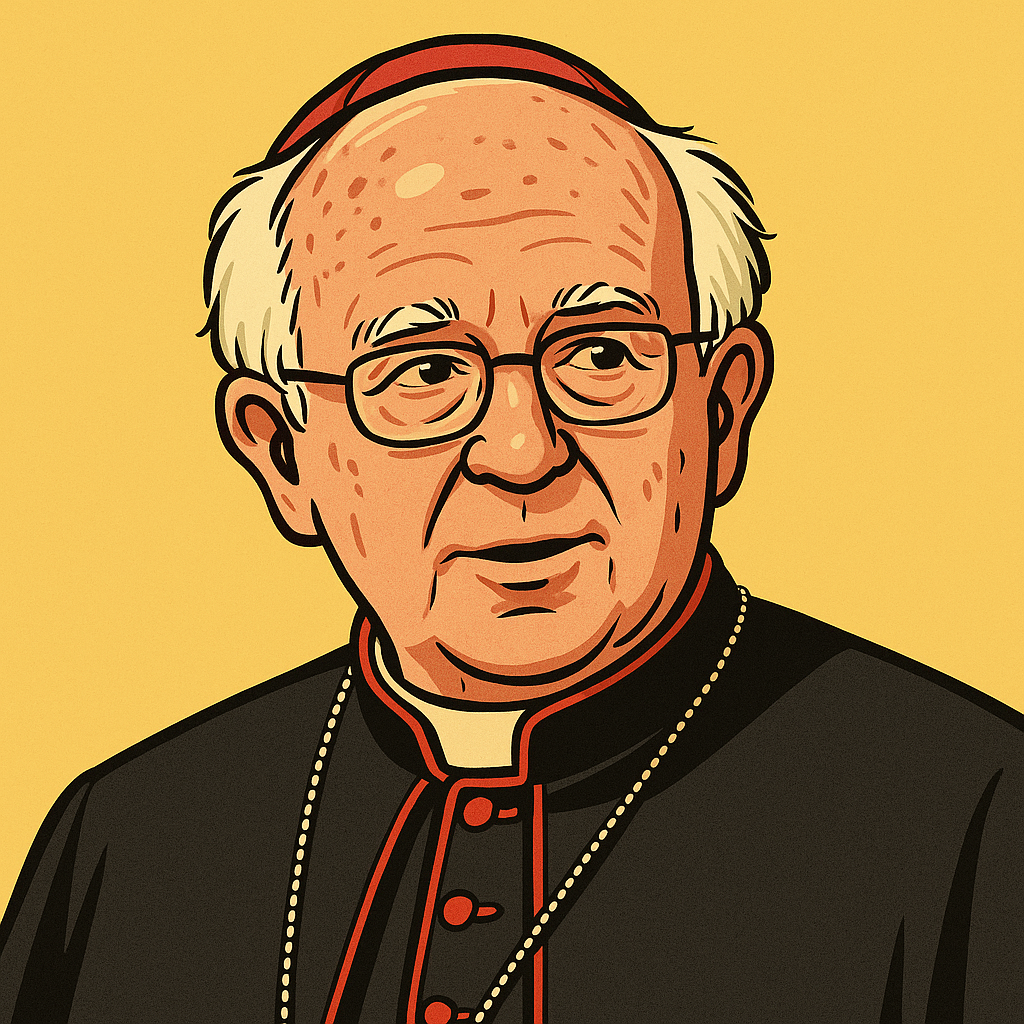
Spain
age: 80
Spanish cardinal who is very conservative, nicknamed "the little Ratzinger," known for his traditionalist positions on liturgy and morality, and his vigorous defense of Catholic doctrine.
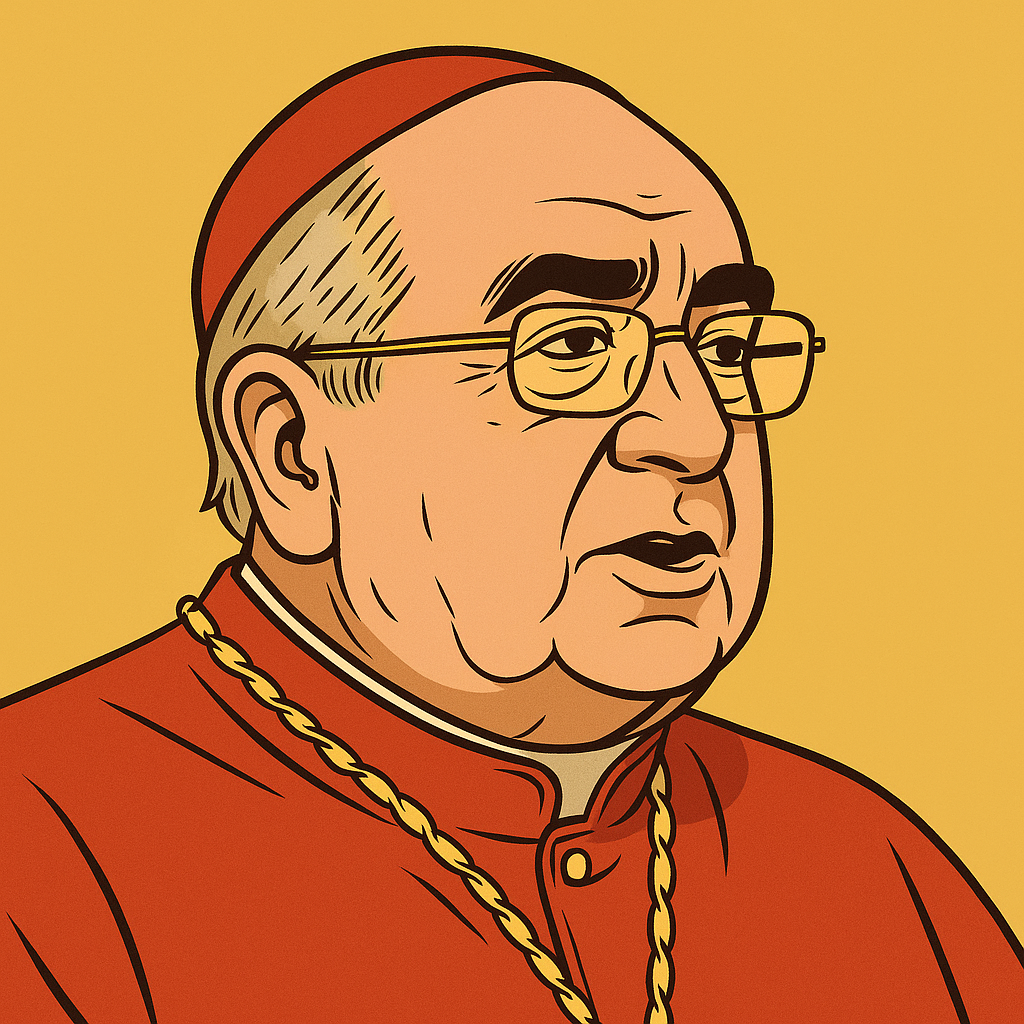
Poland
age: 80
Polish cardinal, Archpriest of the Basilica of Saint Mary Major, known for his conservative positions and experience in lay ministry, in the tradition of John Paul II.
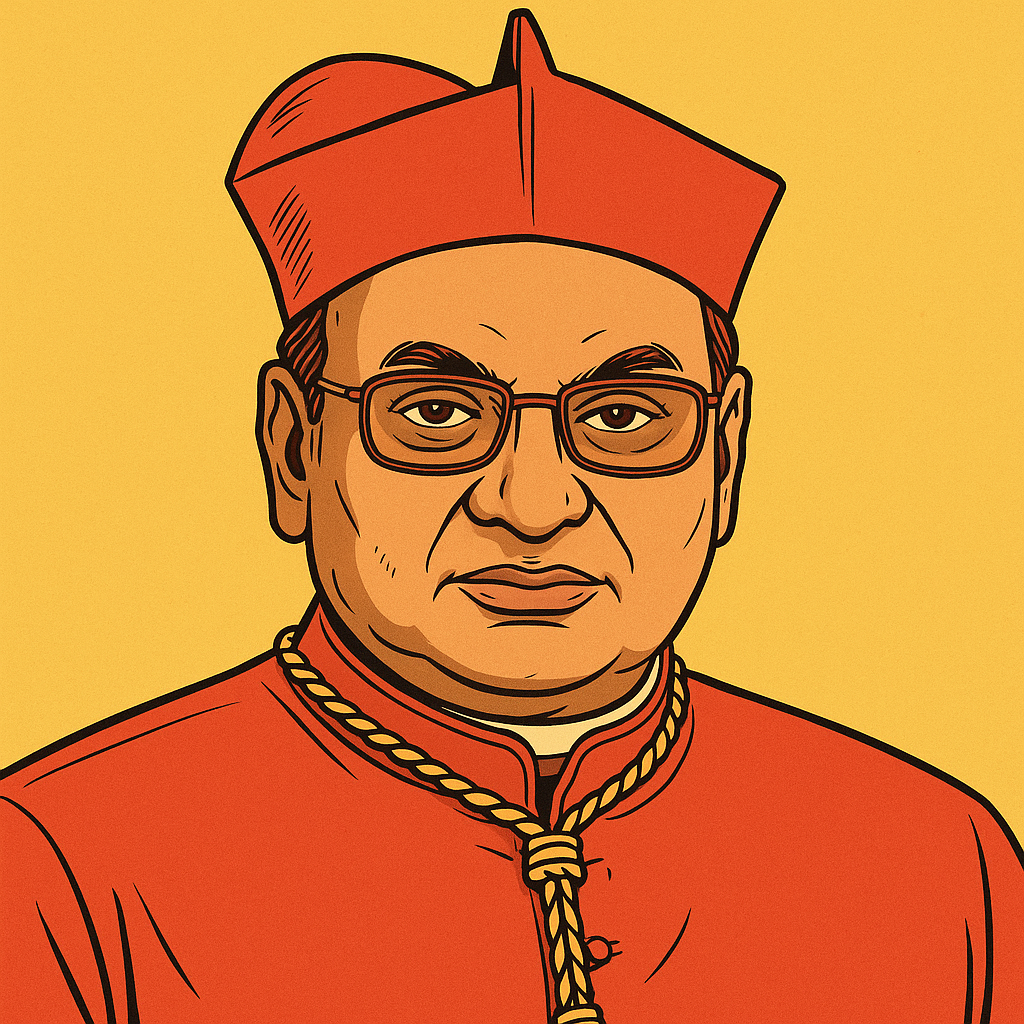
Sri Lanka
Sri Lankan cardinal with strong traditionalist positions, known for his attachment to traditional liturgy and defense of Catholic doctrine.

Germany
German cardinal, former prefect of the Congregation for the Doctrine of the Faith, known for his very conservative positions and vigorous defense of traditional doctrine.

Poland
Polish cardinal, Archpriest of the Basilica of Saint Mary Major, known for his conservative positions and experience in lay ministry, in the tradition of John Paul II.
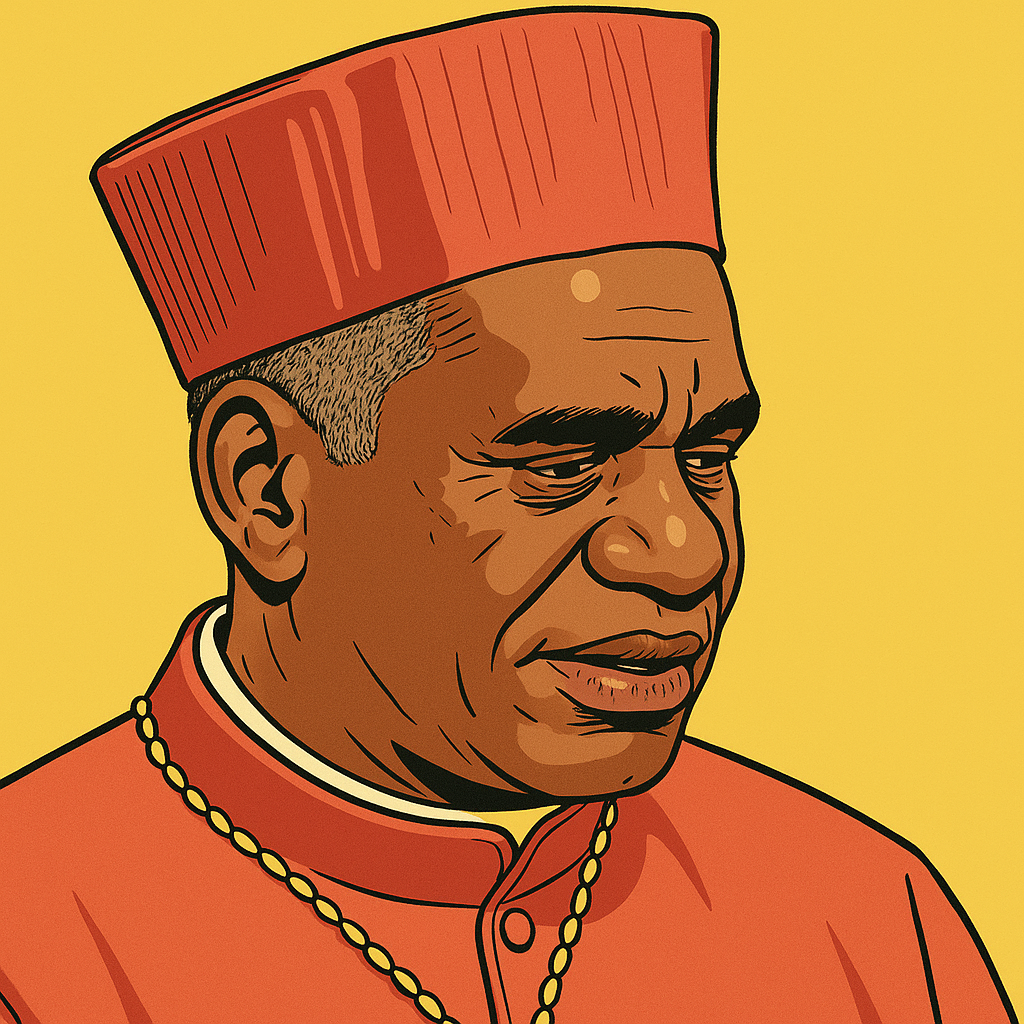
Madagascar
Malagasy cardinal, known for his traditionalist positions, his attachment to classical liturgy, and his vigorous defense of Catholic moral doctrine.
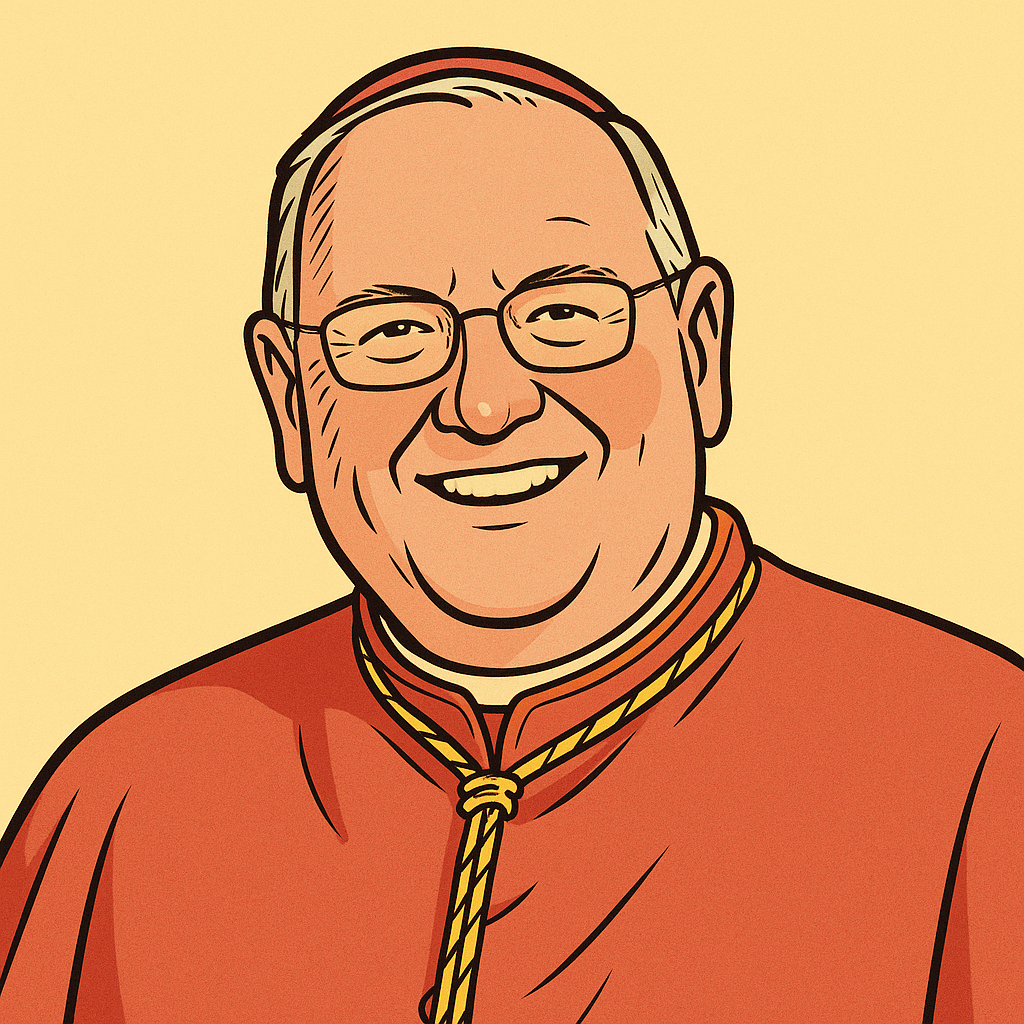
United States
American cardinal, Archbishop of New York, known for his media charisma and balanced leadership, combining social commitment and defense of Catholic tradition and moral values.

Myanmar
Burmese cardinal, the first from his country, known for his commitment to peace and reconciliation, combining respect for tradition and interreligious dialogue.

Sweden
Swedish cardinal, the first Scandinavian cardinal in history, known for his balanced approach between tradition and openness, and his ecumenical work.
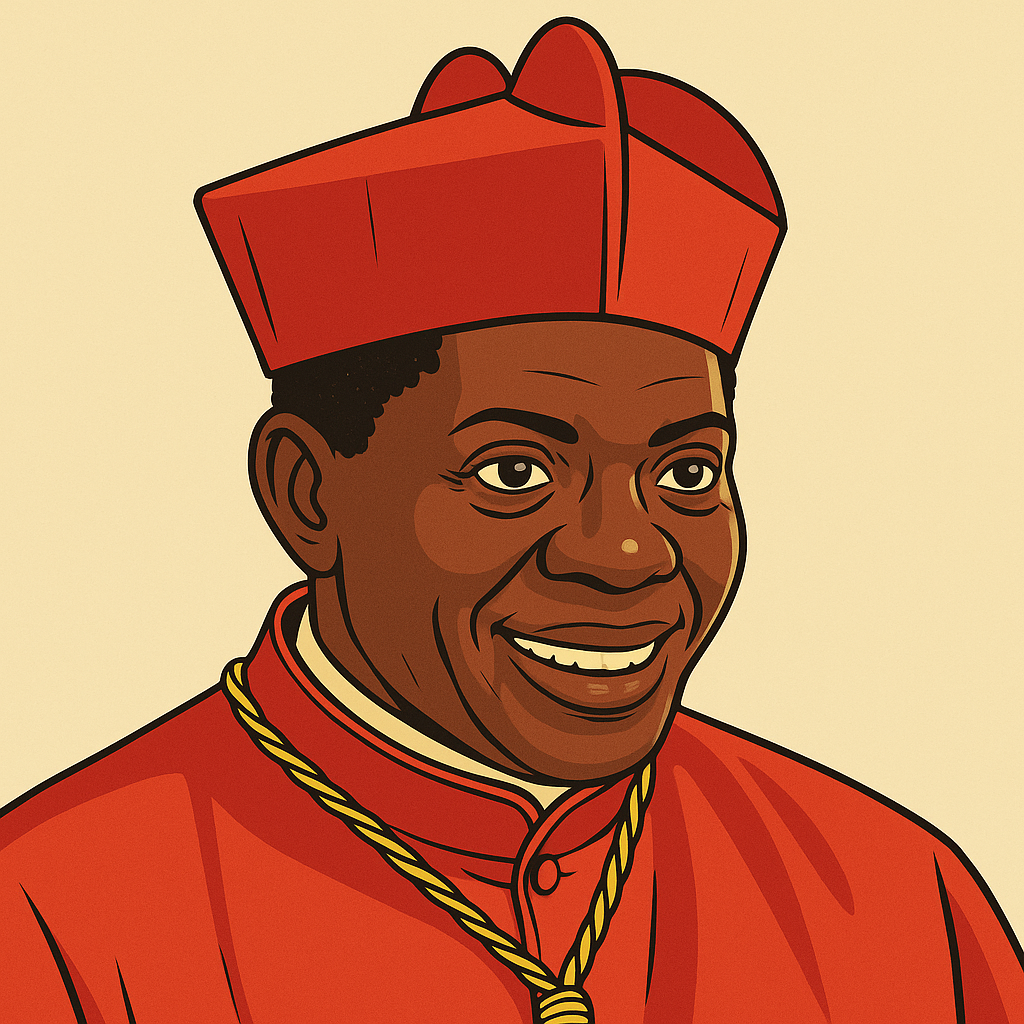
Tanzania
Tanzanian cardinal, Secretary of the Dicastery for Evangelization, known for his missionary expertise and balanced pastoral vision, combining doctrinal fidelity and cultural adaptation.
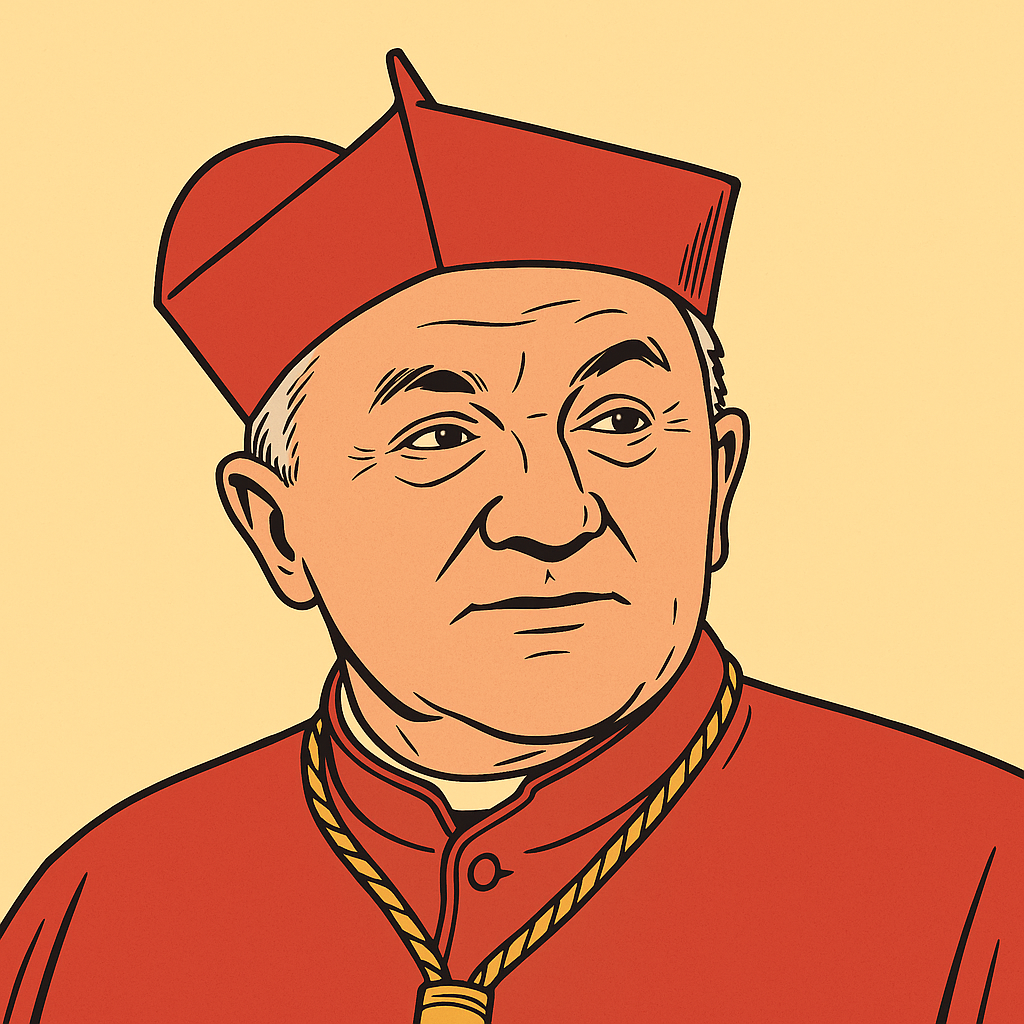
Poland
Polish cardinal, Archbishop of Warsaw, known for his balanced pastoral approach, combining Polish Catholic tradition with openness to dialogue in an evolving society.
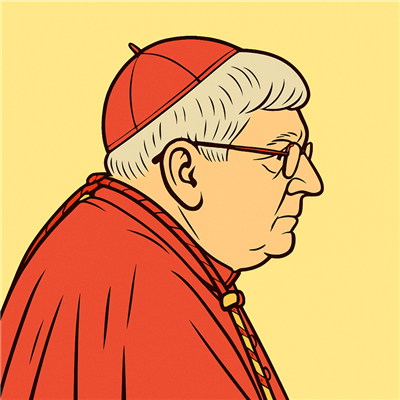
Canada
Canadian cardinal, Archbishop Emeritus of Toronto, known for his conservative positions on issues of moral doctrine and his commitment to defending religious freedom.
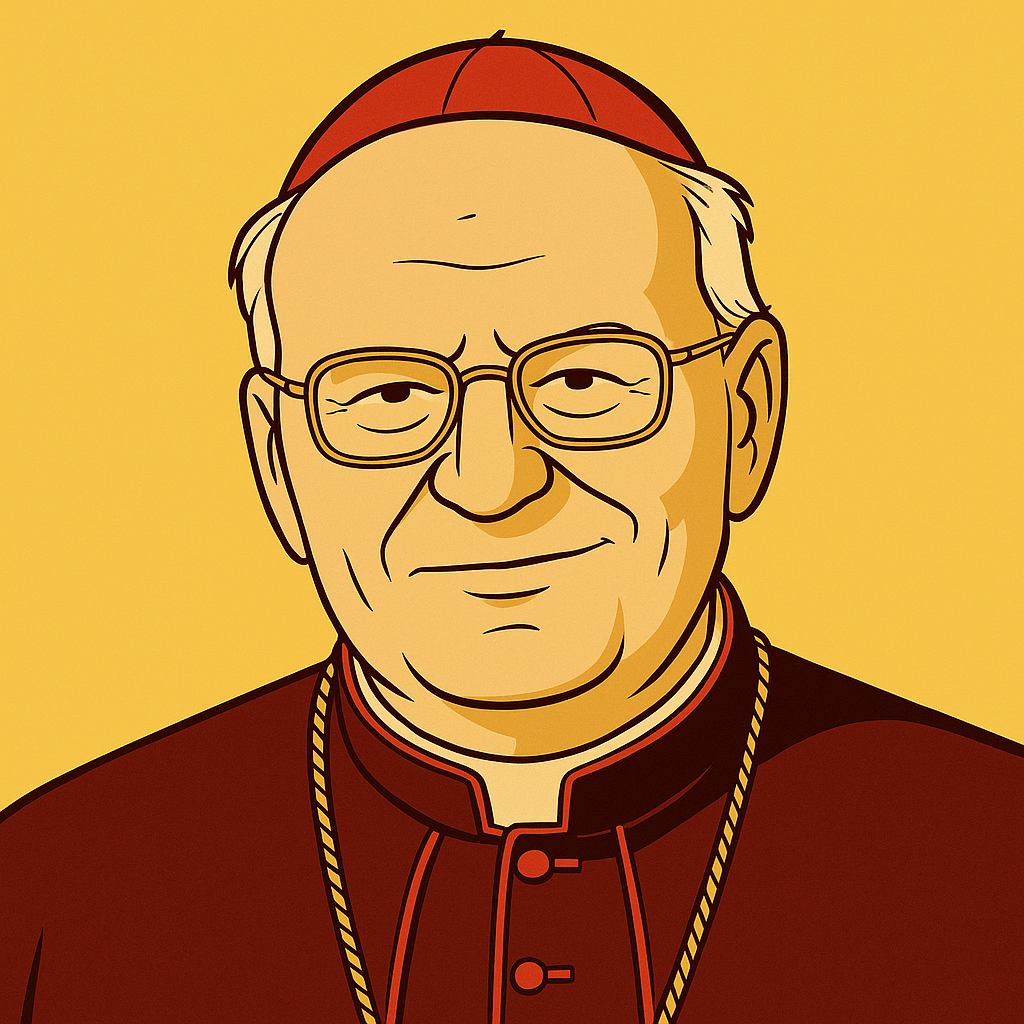
Hungary
Hungarian cardinal, Archbishop of Esztergom-Budapest, renowned canonist, known for his conservative doctrinal positions and his influential role in the Church of Central Europe.

United States
American cardinal, Archbishop of New York, known for his media charisma and balanced leadership, combining social commitment and defense of Catholic tradition and moral values.
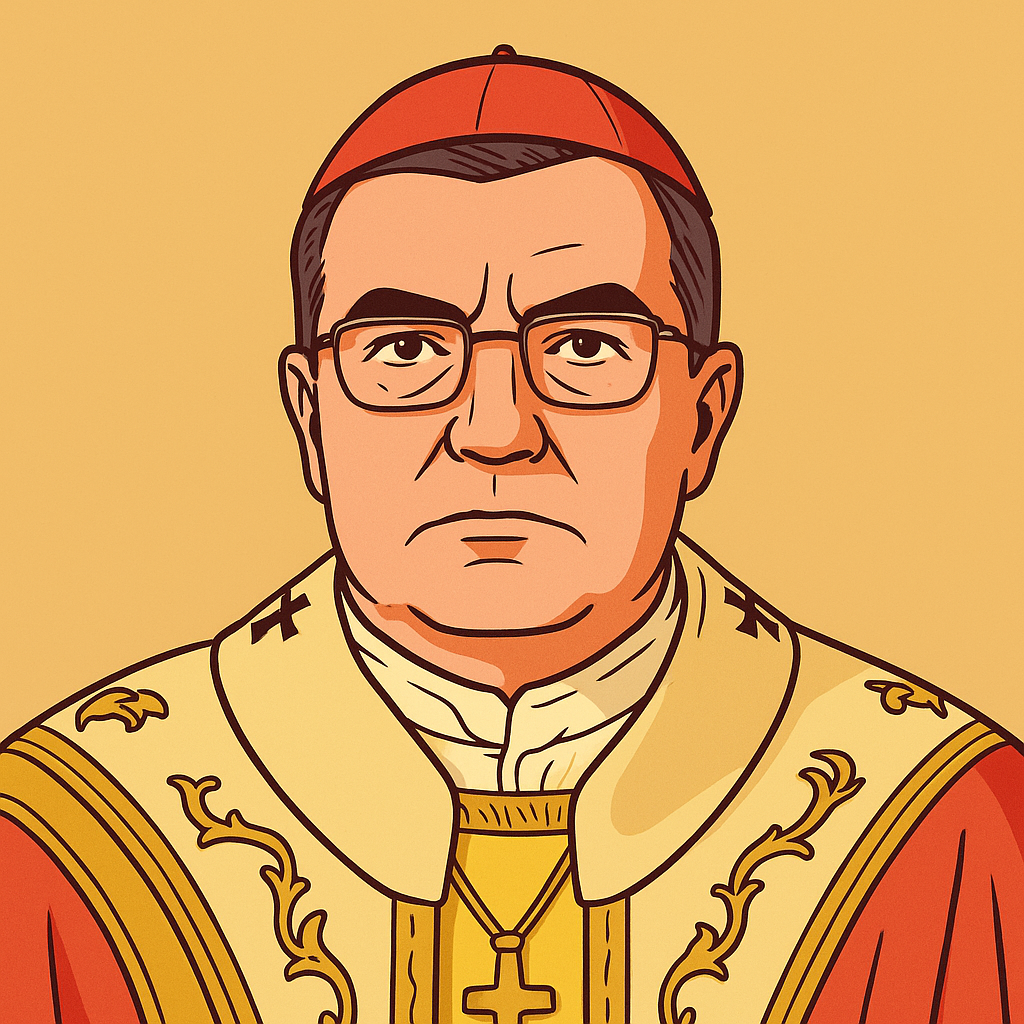
Croatia
Croatian cardinal, Archbishop of Zagreb, known for his conservative positions on moral issues and his commitment to traditional values in a post-communist context.

Tanzania
Tanzanian cardinal, Secretary of the Dicastery for Evangelization, known for his missionary expertise and balanced pastoral vision, combining doctrinal fidelity and cultural adaptation.
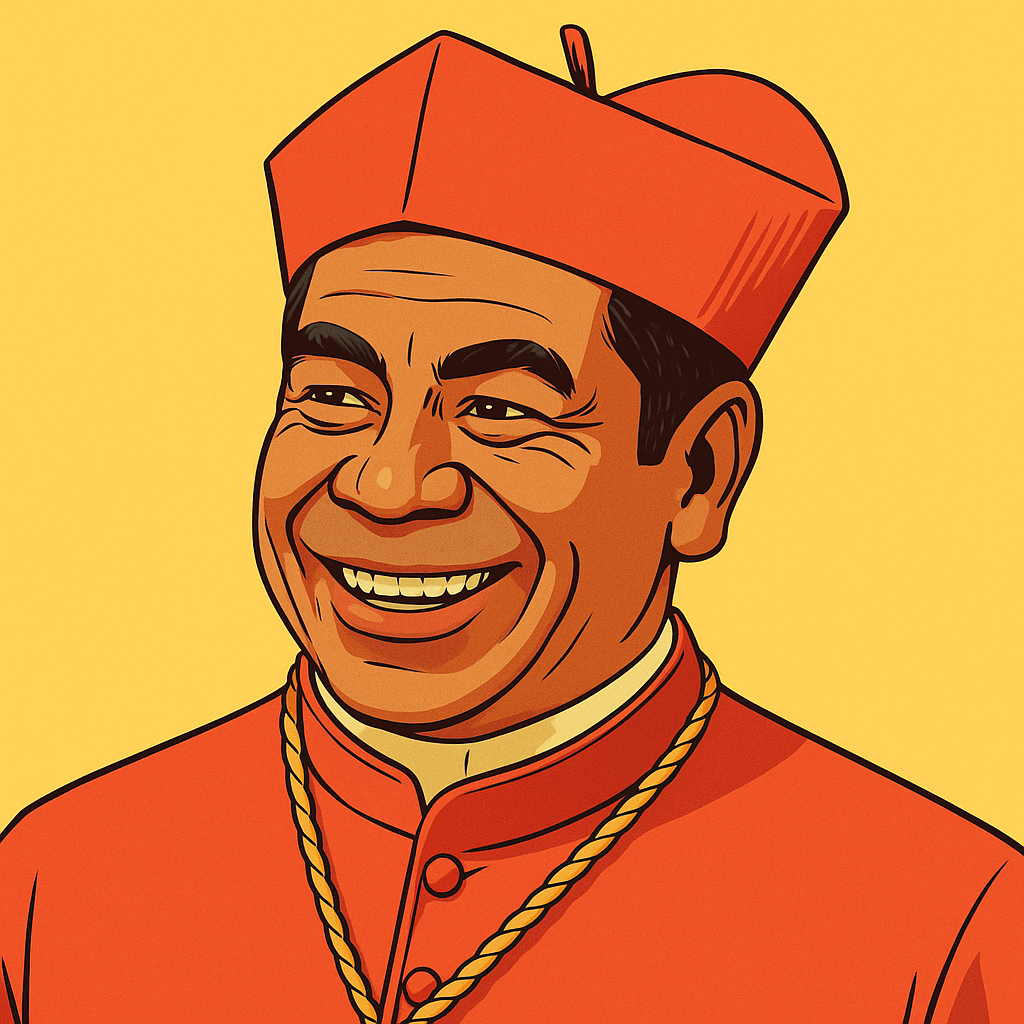
East Timor
East Timorese cardinal, Archbishop of Dili, first cardinal from his country, known for his leadership in post-independence reconstruction and his commitment to peace and national reconciliation.

Canada
Canadian cardinal, Archbishop Emeritus of Toronto, known for his conservative positions on issues of moral doctrine and his commitment to defending religious freedom.

Hungary
Hungarian cardinal, Archbishop of Esztergom-Budapest, renowned canonist, known for his conservative doctrinal positions and his influential role in the Church of Central Europe.

United States
American cardinal, Archbishop of New York, known for his media charisma and balanced leadership, combining social commitment and defense of Catholic tradition and moral values.